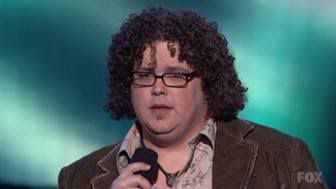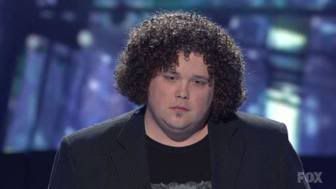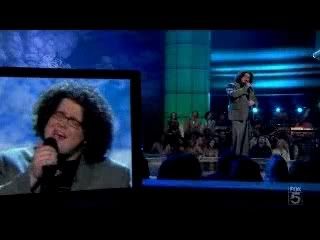Rush Limbaugh is, arguably, the most influential conservative Republican of the post-Reagan/post-Buckley era – someone whose support is essential to any GOP presidential nominee and the next GOP president. If you doubt his impact, check Mike Huckabee's poll numbers since Rush responded over the airwaves two weeks ago to ill-considered insults hurled at him by the Huckabee campaign.
Since his national emergence in 1988, Rush has pledged never to endorse any Republican candidate during the presidential primaries. In 2007, he seemed to come close to breaking his own 11th commandment twice. First, he identified Fred Thompson as the only conservative participant in the CNN/YouTube GOP debate and defended Thompson against charges of laziness. Then Rush commended Mitt Romney's speech on faith, although he also criticized Romney's less-than-conservative record and his Iowa debate comment about not losing any sleep over the tax burden on upper income Americans.
Limbaugh may not issue official un-endorsements, either, but attentive listeners can easily discern his sympathies and antipathies. Among the top tier candidates, he has been completely positive about Thompson. Conversely, John McCain is a longstanding target of Limbaugh’s disdain. In a 2004 Wall Street Journal opinion piece about the conservative themes running through convention speeches given that summer by McCain, Giuliani, and Arnold Schwarzenegger, Rush characterized McCain as the most liberal of the trio. He also lauded Giuliani for taking “on John Kerry directly, detailing his equivocations and flip-flops on matters of war and peace, and pointing out how such indecision and expediency endanger America's security” (please see http://www.opinionjournal.com/editorial/feature.html?id=110005563).
However, if Limbaugh holds fast to his illusion of impartiality in the 2008 primaries, his reward might well be the nomination of Senator McCain.
Romney is, I believe, a fatally flawed candidate. Regrettably, Giuliani’s aforementioned warnings about Kerry’s flip-flopping and expediency apply likewise to Mitt Romney. The GOP base is divided among those who hope Romney means what he says today, those who are skeptical of his Clintonesque glibness, and those who will never vote for a Mormon. Significantly, he is clearly disliked by his GOP opponents.
Giuliani appears Clintonesque in his personal life, holds social beliefs unacceptable to evangelicals, and his Florida-centric campaign strategy may be his political downfall. If so, where will his supporters go? He has expressed admiration for McCain and ostensibly could endorse him.
Conceivably, Huckabee would continue through the primaries as a spoiler, buoyed by his evangelical base. Thompson seems like the natural beneficiary of a Huckabee collapse. Nevertheless, as Huckabee’s Iowa support was seen to decline, Romney and McCain also enjoyed increased poll numbers there.
The only criticisms published of Fred Thompson are personal (the “laziness” charge that is belied by his current campaign schedule and his resumé) and strategic (his late entry into the race). His conservative credentials are widely heralded and stand in stark relief against the records and positions of his “moderate” competitors.
If Thompson fails to finish well in Iowa and New Hampshire, he probably skips Michigan and enters South Carolina with a substantial disadvantage, politically and financially, from which it will be extremely difficult to recover. Thompson endorsed John McCain in the 2000 presidential race and it is no great stretch to imagine that he will endorse McCain again if he drops out.
That would be a death blow to the conservative movement of Buckley, Goldwater, Reagan, and Limbaugh, which has not had a genuine conservative nominee since 1984. More importantly, the conservative principles Thompson would bring back to the White House are needed desperately to win the war on fiscal irresponsibility, win the war on our borders, and win the war on terrorism as they steadfastly won the Cold War.
If Limbaugh were to endorse Thompson this week before the Hawkeye cauci, single-handedly Rush could return the national conversation to conservative vs. liberal ideology, overturn the conventional wisdom so beloved by beltway and drive-by media types, and spurn the McCain surge. In a battle of wits, ideas, principles, integrity, and gravitas, Fred Thompson is best armed to lead us to victory.
[cross posted at Red State]






